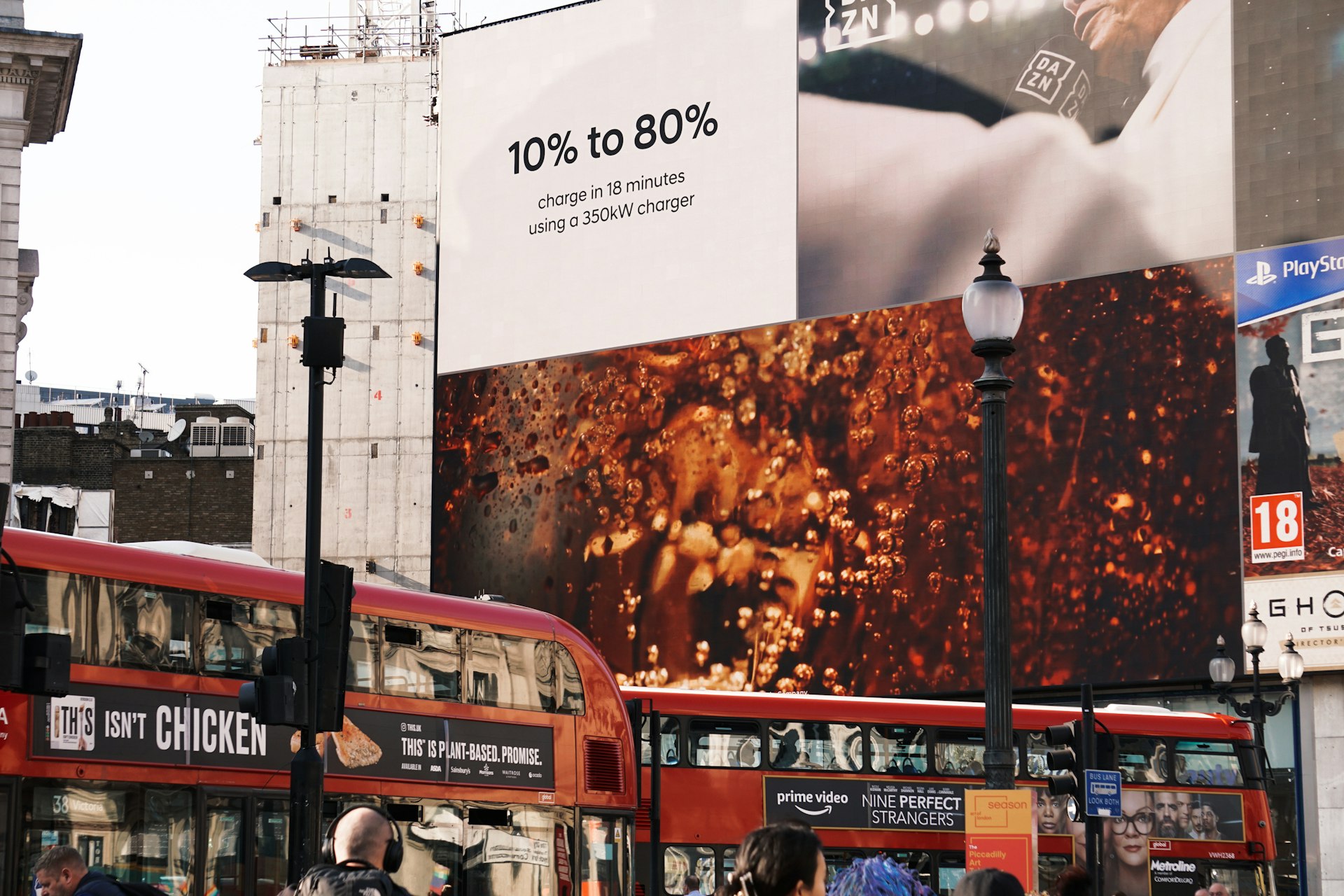How Experiential Retail Marketing is Transforming Customer Engagement in 2025

Photo by Artem Beliaikin on Unsplash
Introduction: The New Era of Retail Engagement
Retail is undergoing a significant transformation in 2025, shifting from transactional exchanges to immersive, interactive experiences that forge deeper connections with customers. This movement, known as experiential retail marketing , leverages technology, gamification, and community-focused events to create memorable moments that encourage loyalty and repeat visits [1] . Retailers of all sizes are now prioritizing the quality of their in-store and digital experiences to stand out in a competitive landscape.
Phygital Retail: Blending Physical and Digital Worlds
The most impactful trend shaping experiential retail is the rise of phygital experiences -the seamless integration of physical shopping environments with digital enhancements. Phygital retail uses tools like AI-powered kiosks, augmented reality (AR) mirrors, and app-integrated store maps to simplify and personalize the shopping journey. For instance, AR technology enables virtual try-ons, while smart mirrors can suggest products based on customer preferences [1] , [3] .
Implementation Steps:
- Evaluate your store’s current technology footprint and customer pain points.
-
Research AR and AI solutions that fit your budget and retail format. For AR mirrors or virtual fitting rooms, consider established providers like
Scandit
for apparel or beauty retail [4] . - Train staff to assist customers with new tech features, ensuring a smooth experience.
- Gather feedback from shoppers to refine digital integrations and maximize value.
Retailers such as Nike have pioneered these innovations at flagship stores, blending AR tools with personalized service to showcase products and foster brand loyalty [3] .
Gamification and Interactive Engagement
The mainstream adoption of gamification is revolutionizing how retailers engage customers. Gamified experiences-ranging from in-store challenges and digital contests to social media scavenger hunts-turn ordinary shopping trips into adventures. These tactics not only drive engagement but also encourage repeat visits and word-of-mouth promotion [2] , [4] .
Examples:
- Adidas used a reactive light-up floor grid at Les Mills Live Riyadh, turning fitness demonstrations into interactive challenges [2] .
- TJ Maxx and Goodwill have gamified the “treasure hunt” experience, with rotating inventory and social media challenges that encourage shoppers to find unique deals [4] .
Implementation Steps:
- Identify opportunities for gamified events-such as weekly contests, scavenger hunts, or interactive product demonstrations.
- Leverage loyalty program data to personalize challenges and rewards [5] .
- Promote gamified experiences through social media and in-store signage.
- Monitor customer responses and iterate to keep experiences fresh and exciting.
It’s important to note that gamification doesn’t have to be high-tech; even simple in-person activities can create a buzz and foster community.

Photo by Artem Beliaikin on Unsplash
Immersive Storytelling and Sensory Engagement
Experiential retail in 2025 is defined by immersive environments that engage multiple senses and bring brand stories to life. Flagship stores are creating themed spaces, hosting workshops, and integrating live entertainment or interactive art installations. These experiences foster emotional connections and encourage customers to share their experiences online [5] .
Practical Application:
- Design a portion of your store for hands-on demos or workshops.
- Host regular events-such as beauty try-before-you-buy stations, DIY home goods demos, or themed pop-ups-to showcase products in action [4] .
- Collaborate with local artists or performers to offer unique entertainment that aligns with your brand’s values.
- Collect customer stories and testimonials to amplify the impact on social media.
Retailers like Sephora have successfully implemented interactive beauty stations, while home goods stores are building live demo spaces to illustrate product functionality.
Community-Centered Hybrid Events and Social Spaces
Retailers are increasingly positioning stores as community hubs , offering spaces for socializing, co-working, workshops, and local impact initiatives. Pop-up stores, charity events, and regional product showcases create a sense of belonging and strengthen brand loyalty [5] .
How to Access Community Retail Opportunities:
- Contact local business associations or chambers of commerce to explore partnership opportunities for events.
- Work with vendors who offer interactive products, such as those available at ASD and SourceDirect trade shows [4] .
- Engage your customer base through surveys to identify preferred community activities or workshops.
- Consider hosting charity drives or pop-up collaborations with local producers to enhance social impact.
If you’re interested in locating vendors or products that support experiential retail, search for “ASD trade show exhibitors” or “SourceDirect interactive retail products.” For community event ideas, reach out to your city’s economic development office or business improvement district for guidance.
Challenges and Solutions for Experiential Retail
While experiential retail offers numerous benefits, implementation can be complex. Challenges include technology costs, staff training, and maintaining relevance in rapidly changing markets. Solutions include starting with scalable, low-tech experiences (such as rotating inventory or simple workshops), leveraging partnerships with tech vendors, and investing in ongoing staff development [4] .
Alternative Approaches:
- Focus on customer service and personalization, even if advanced technology is out of reach.
- Use social media to extend in-store experiences and engage remote audiences.
- Regularly update your experiential offerings to stay ahead of trends.
Key Takeaways: Actionable Steps for Retailers
To harness the power of experiential retail marketing:
- Blend physical and digital experiences with scalable technology.
- Incorporate gamification and interactive engagement to drive repeat visits.
- Create immersive environments and leverage storytelling for deeper brand affinity.
- Position your store as a community hub to foster loyalty and local impact.
- Seek partnerships and vendor support for interactive products and event ideas.
- Gather feedback and adjust strategies to keep experiences fresh and relevant.
Retailers can navigate this evolving landscape by prioritizing customer connections, leveraging verified tech and community resources, and continuously innovating their in-store experiences. For further information on vendors and experiential retail products, search for “ASD Retailers” or “SourceDirect interactive retail” or contact your local business association for tailored guidance.
References
- [1] BDS Solutions (2025). Inside The Store, Outside The Box: 3 Experiential Retail Trends Dominating 2025.
- [2] Imagination (2025). The future of experiential marketing: Trends to watch in 2025.
- [3] Retail Dive (2025). The future of shopping: 3 trends that will define 2025.
- [4] ASD Online (2025). The Top 8 Retail Business Trends of 2025.
- [5] Storefront (2025). Retail Trends To Look Out For In 2025.
MORE FROM eboxgo.com













